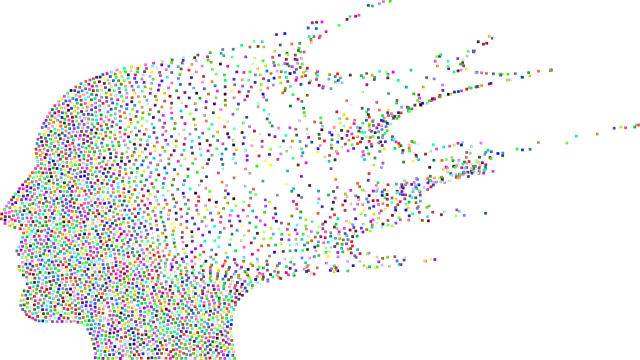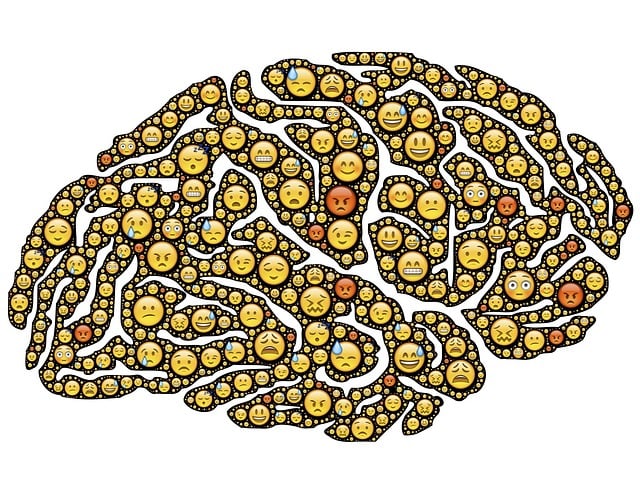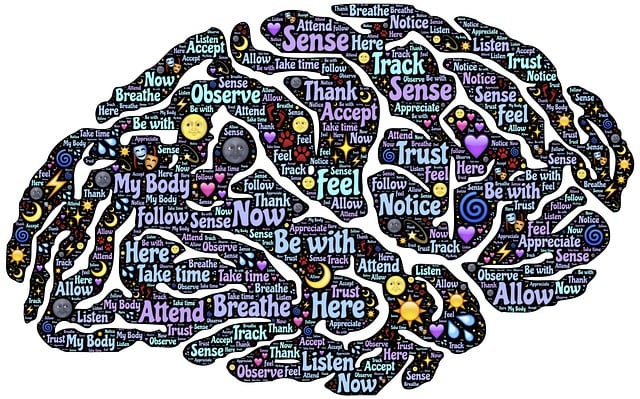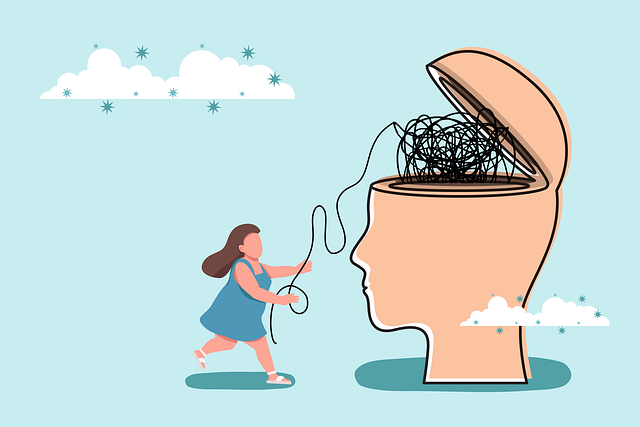Northglenn Cognitive Processing Therapy (NCPT) is a holistic approach to mental wellness that identifies and challenges negative thought patterns, replacing them with positive, adaptive ones. This therapy goes beyond traditional talk therapy through practical strategies for cognitive restructuring, making it effective in managing stress, anxiety, and depression. Key components include journaling prompts and mindfulness meditation, which foster self-awareness, emotional regulation, and personal growth. By integrating NCPT principles into journaling practices, individuals can significantly enhance mental wellness, challenge cognitive distortions, improve self-esteem, and develop more effective coping strategies.
“Unwind your mind and embark on a journey to improved mental wellness with this comprehensive guide. Mental health is a vital aspect of our daily lives, shaping our experiences and interactions. Discover how Northglenn Cognitive Processing Therapy (NCPT) offers a transformative approach to fostering resilience. This article explores the power of journaling as a therapeutic tool, providing a step-by-step process to help you navigate your thoughts. By integrating NCPT principles, you can enhance self-awareness and cultivate a healthier mindset.”
- Understanding Mental Wellness and Its Impact on Daily Life
- Introduction to Northglenn Cognitive Processing Therapy (NCPT)
- Journaling as a Therapeutic Tool: A Step-by-Step Guide
- Incorporating NCPT Principles into Your Journaling Practice
Understanding Mental Wellness and Its Impact on Daily Life

Mental wellness is a holistic concept that encompasses our emotional, psychological, and social well-being. It affects how we think, feel, and act in our daily lives, influencing our ability to cope with stress, make choices, and relate to others. Understanding mental wellness is crucial because it plays a significant role in determining our overall quality of life. Negative impacts can manifest as anxiety, depression, or other mental health conditions, hindering our productivity, relationships, and sense of fulfillment.
In Northglenn, Cognitive Processing Therapy (CPT) aligns with the Mind Over Matter principles, offering a structured approach to managing mental wellness. CPT helps individuals identify and challenge negative thought patterns, thereby improving their emotional responses to stress. This therapy also considers Cultural Sensitivity in Mental Healthcare Practice, ensuring that care is tailored to each individual’s unique background and experiences. Effective stress management, as a key component of CPT, empowers people to navigate life’s challenges more adaptively, enhancing overall mental wellness.
Introduction to Northglenn Cognitive Processing Therapy (NCPT)

Northglenn Cognitive Processing Therapy (NCPT) is a unique and innovative approach to mental wellness that focuses on empowering individuals to take control of their cognitive processes. This therapy is designed to help people identify and challenge negative thought patterns, replacing them with more positive and adaptive ones. By understanding the connection between thoughts, feelings, and behaviors, NCPT facilitates personal growth and promotes better emotional regulation.
This therapeutic method goes beyond traditional talk therapy by incorporating practical strategies for cognitive restructuring. It equips individuals with valuable tools to navigate their mental health journey effectively, especially in managing stress, anxiety, and depression. Moreover, NCPT can be tailored to complement various other mental wellness coaching programs, risk management planning for mental health professionals, and even social skills training, making it a versatile resource for holistic mental development.
Journaling as a Therapeutic Tool: A Step-by-Step Guide

Journaling is a powerful therapeutic tool that can help individuals process their thoughts and emotions effectively. It’s a practice often incorporated into Northglenn Cognitive Processing Therapy, aiming to enhance mental wellness. This simple yet profound exercise involves writing down your experiences, feelings, and reflections, allowing for introspection and personal growth.
To begin this journey, set aside dedicated time each day or week for journaling. Start with a clear mind, and consider using prompts like “Describe my mood today” or “What challenges did I face?” to guide your thoughts. As you write, explore your emotions without judgment. This process facilitates self-awareness, helps identify patterns in thinking, and promotes cognitive flexibility. Over time, it can contribute to building resilience, a key aspect of mental health policy analysis and advocacy, enabling individuals to navigate life’s complexities with greater ease. Incorporating mindfulness meditation alongside journaling can further enhance its benefits, allowing for a deeper connection between the mind and body.
Incorporating NCPT Principles into Your Journaling Practice

Incorporating Northglenn Cognitive Processing Therapy (NCPT) principles into your journaling practice can significantly enhance mental wellness. NCPT encourages individuals to challenge negative thought patterns and replace them with more positive, realistic perspectives. When journaling, reflect on your day through this lens, noting instances where you might have experienced cognitive distortions—like all-or-nothing thinking or catastrophizing. Then, use the therapy’s compassion cultivation practices to counter these thoughts, fostering self-esteem improvement by acknowledging your strengths and resilience.
By integrating NCPT into journaling, you can also benefit from crisis intervention guidance. This process allows you to track triggers, emotional responses, and coping strategies over time. Regularly reviewing this data enables you to identify patterns, anticipate challenges, and develop more effective responses. Incorporating these practices into your routine can lead to profound personal growth and a strengthened sense of mental wellness.
Mental wellness journaling is a powerful tool that combines the benefits of self-reflection and Northglenn Cognitive Processing Therapy (NCPT) techniques. By following a structured approach, as outlined in this guide, individuals can effectively incorporate NCPT principles into their daily lives. Through consistent practice, journaling offers a way to process emotions, challenge negative thought patterns, and foster positive mental wellness. It’s a simple yet profound method to take control of one’s mental health and cultivate a more balanced and fulfilling life.














